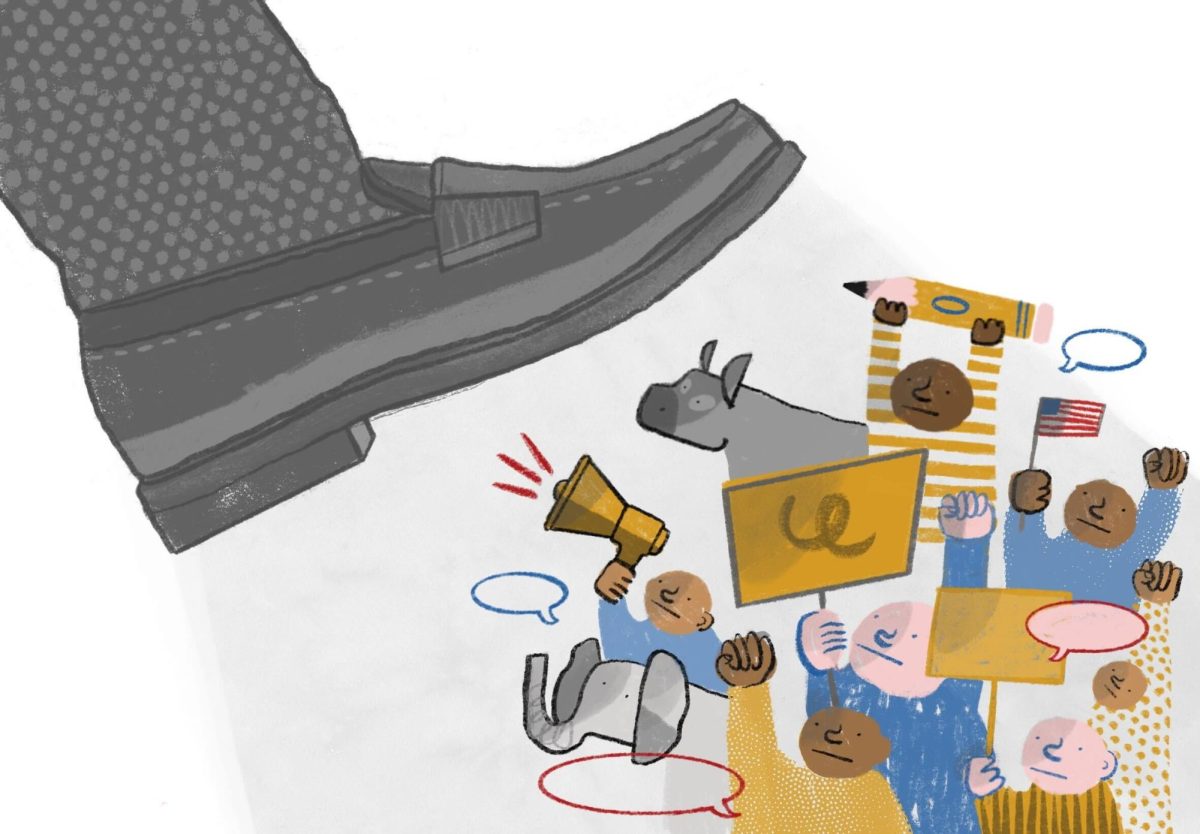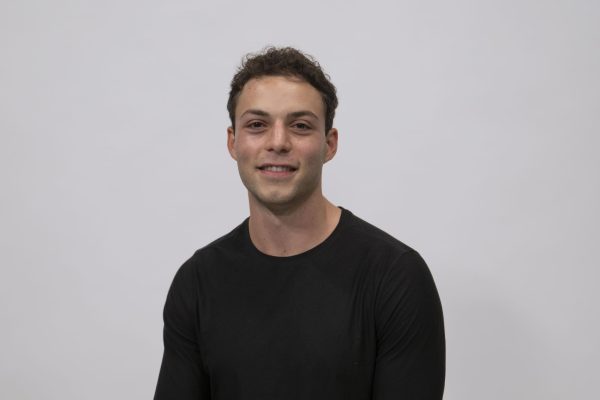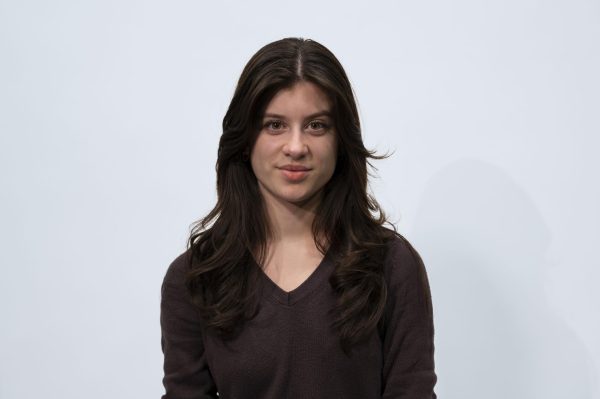In W.B. Yeats’ “The Second Coming,” the 20th-century poet describes a world “slouching towards Bethlehem,” symbolizing a descent into upheaval and uncertainty.
In this interview of our series “Slouching Towards,” deputy opinion editor Jack Masliah speaks with Aaron Corpora, a campus advocacy program officer from the Foundation for Individual Rights and Expression, or FIRE.
On April 25, Corpora sent a letter to James R. Hackney — Northeastern’s Law School dean — saying that the university failed to uphold its commitment to freedom of expression after asking a student group hosting an event titled “Israel’s Attack on Gaza: The Question of Genocide, and the Future of Holocaust and Genocide Studies” to provide the university with a list of attendees.
This interview has been edited for length and clarity.
Masliah: Before we jump into it, can you tell us more about the work FIRE does, especially as it relates to universities?
Corpora: We are a First Amendment nonprofit that, for the first 23 years of our existence, only existed on college campuses. In the summer of 2022, we expanded the mission off campus. So now we take on all kinds of First Amendment cases. We have a litigation team, a public advocacy team and a bunch of different departments now that represent clients and write letters to government officials. We [also] have a legislative team that goes around the country meeting with legislators and lobbies for or against pertinent legislation. [We have] really kind of blown up in the last couple years, but we had made our mark for a long time on college campuses.
Masliah: Speaking of college campuses, you sent and publicized a letter to the dean of Northeastern’s Law School on April 25. The letter was in reference to a recent dispute between the Northeastern University School of Law Jewish Law Students Advocating for Justice, or NUSL JASJ, and university administration. The dispute was over a university policy allowing the Center for Student Involvement to require a list of attendees for student organized events.
Can you briefly explain to us how you understand what occurred here?
Corpora: This event was going to happen before the university’s Holocaust and Genocide Awareness Week. [Northeastern] was doing some of their own university programming, but this was the only event that required this attendee list.
[The student group] invited a speaker Raz Segal — who’s an Israeli historian and has spoken at a bunch of universities. [Segal] said he was made aware of these [attendee list] requirements, and the group had gone through all of the required protocols to host the event. Before the event, the administration said, “Hey, you need to turn this list over to the university police department, or you can’t hold this event.” The group wasn’t comfortable doing so, obviously with a lot of students and faculty that have expressed pro-Palestine sentiment or anti-Israeli sentiment and have faced all kinds of crackdowns all across the country. So they said, “We don’t wanna endanger our student group members by giving the names of these attendees to the university police department.” The speaker himself said, “I’m not gonna speak under these conditions.”
To [FIRE], it seems like a case of violating privacy. Northeastern is a private school and not a public school, so it is not bound by the First Amendment, but they make really good in their student handbook [with their] expressive promises and guarantees of freedom of speech. And that includes the right to anonymity too.
So by forcing [the student group] to provide this list, Northeastern voided that right to anonymity. And that’s when we stepped in.
Masliah: On that point, Northeastern did hold a couple of events the following week — none of which required prior registration. In the letter you say this is evidence of “uneven treatment” and that it “reeks of viewpoint discrimination.” Northeastern here might say that these are totally different cases as one event was held by the university itself and the other by a student organization, and therefore the planning and security procedures are different.
Corpora: Even still, this compelled disclosure of [attendee] names violates the rights of anonymity that Northeastern’s expressive promises make.
If you’re going to make these expressive promises that are informed by decades of jurisprudence around the First Amendment, any reasonable student will assume that [these promises also] come with this right to anonymity. We think that that was violated by requiring these lists.
Masliah: Just so I understand this correctly: your letter specifically calls out this specific incident with NUSL JASJ, but the real core of your argument here is concerned with Northeastern’s general policy, right? [The policy of] requesting attendee names before events.
Corpora: Yes.
Masliah: I think Northeastern would say that knowing the numbers of attendees ahead of time helps them prepare for security. They would say, as [Northeastern’s Vice President for Communications] Renata Nyul told The Huntington News a week or two ago, that student groups need to go through “the proper university protocols.”
Corpora: Sure, and we totally respect that need for safety and security. The university absolutely has an obligation to make sure that its events are free from people that are seeking to shut it down or cause havoc or engage in any other kind of unlawful conduct.
But we think there’s a way to do that that ensures safety and security without voiding this right to anonymity.
Masliah: What FIRE is saying here is something I have heard echoed by Northeastern faculty and staff too: that Northeastern’s public commitments on free speech and free expression are actually pretty good on paper, but that the concern here is in the way Northeastern implements these policies.
At the end of the letter, FIRE requests that Northeastern provide you with a “substantive response” by May 2, confirming that the university will no longer require student organizations to turn over attendee lists in the future. Has Northeastern responded to this letter in any way?
Corpora: They haven’t yet, and we’re still discussing our next steps here as far as whether we’ll write [to Northeastern] again or continue to bug them about this or exactly how we might go about further publicizing this. That’s kind of still an internal discussion.
But no — no response from the university as of yet.
Jack Masliah is a fourth-year political science and philosophy combined major and deputy opinion editor for The News. He can be reached at masliahlitchi.j@northeastern.edu
If you would like to submit a letter to the editor in response to this piece, email comments@huntnewsnu.com with your idea.












